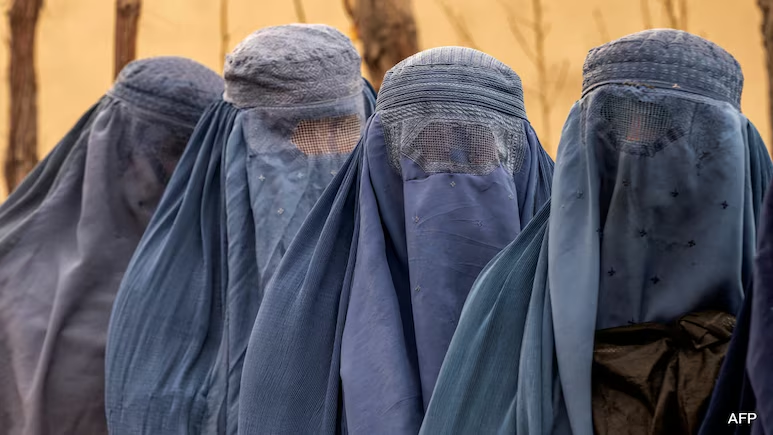The Supreme Court of Kenya has made a landmark ruling in the case of Fatuma Abud Farah v. Ruth Faith Mwawasi and 2 others, declaring that children born out of wedlock have the right to inherit from their late father’s estate, even under Islamic law.
The key issue in the case was whether Islamic inheritance laws could exclude such children, as sometimes practiced.
The Court’s reasoning on Monday June 30, 2025, was Article 24(4) of the Constitution, which allows for the application of Muslim law in matters like marriage, divorce, and inheritance — but only if it is “strictly necessary.”
The judges ruled that this clause does not allow for wide exceptions to the constitutional right to equality. They emphasized that any limitation must be fair, reasonable, and absolutely necessary. Denying inheritance based solely on a child’s birth status fails this test.
The Court concluded that such exclusion is discriminatory and goes against Article 27 of the Constitution, which guarantees all Kenyans equal protection and benefit of the law.
This decision means that Muslim law must be applied in a way that respects the Constitution’s commitment to equality and non-discrimination. Children cannot be denied inheritance simply because they were born outside marriage.
Legal experts and human rights advocates have welcomed the decision as a step forward in protecting the rights of all children, regardless of whether they were born inside or outside of marriage.
It reinforces that no child should suffer discrimination due to the circumstances of their birth.












